Funk up your chords with these minimal vamp-friendly blues shapes
When the mix is crowded by other instrumentation, simplifying your chords can help your playing stand out
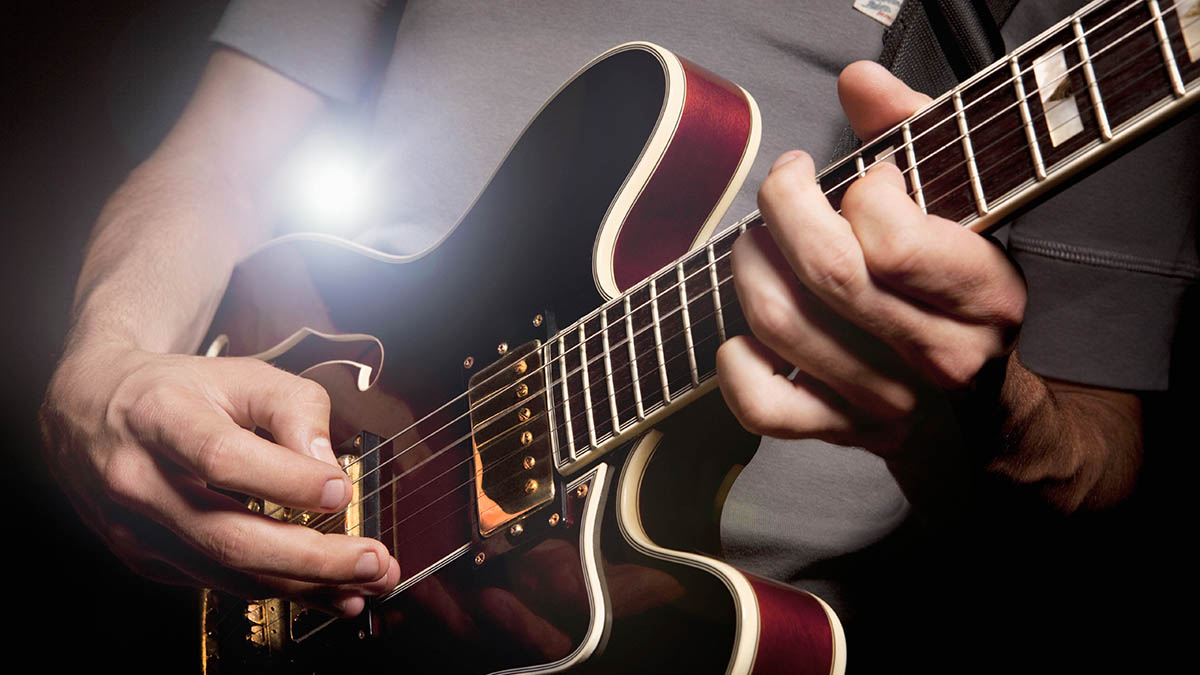
We’re always trying to find interesting new chord sounds, but the subtleties of complex chords can be lost in full band arrangements.
This is a problem if you’re playing with other instruments occupying the same frequency range as the electric guitar: tenor sax, Hammond organ or another guitar. In these situations, subtle chords will get lost, so you have to pare them down to the essential notes.

For most of us, the starting point for more complex chords is the jump from basic Major and Minor to 7th chords. This issue’s concept applies to Major and Minor 7ths, but we’re going to concentrate on Dominant 7ths (D7, G7, etc).
They’re common in jazz, funk and, of course, the standard 12-bar blues progression. Start off by using the three full-size chord shapes above to play the basic blues progression in D. They’re fine for a big bold sound, but they’re not very funky - there are just too many notes ringing together. So here’s what we do…
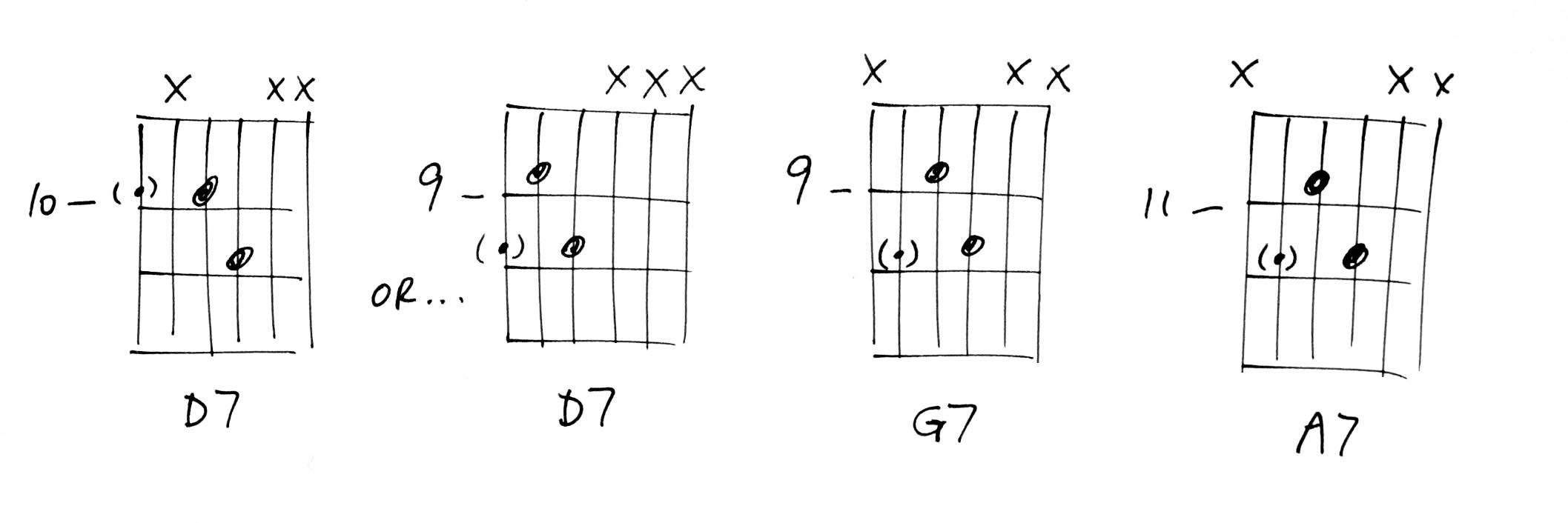
A dominant 7th chord has four notes: the root, Major 3rd, 5th, Minor 7th, therefore D7 is D-F#-A-C). The 5th is usually optional and the bass can play the root. That leaves just the 3rd and 7th. Compare with the barre D7 above.
Next is another great option for D7. In all these shapes, the (unplayed) root is shown in brackets for fretboard navigation reference. Learn the shapes and you can move them to any chord position.
The G7 and A7 chords have their two notes on the fourth and third strings, just like the first D7 chord. The two-note shape is the same every time, but it’s the position of the (bracketed) root note that makes the difference.
Finally, the A7 completes the picture. As you familiarise yourself with these minimal chord shapes, try navigating by the unplayed root notes on the bottom two strings. If you know your barre chords, you’ll know where those notes are.
Get The Pick Newsletter
All the latest guitar news, interviews, lessons, reviews, deals and more, direct to your inbox!
As well as a longtime contributor to Guitarist and Guitar Techniques, Richard is Tony Hadley’s longstanding guitarist, and has worked with everyone from Roger Daltrey to Ronan Keating.

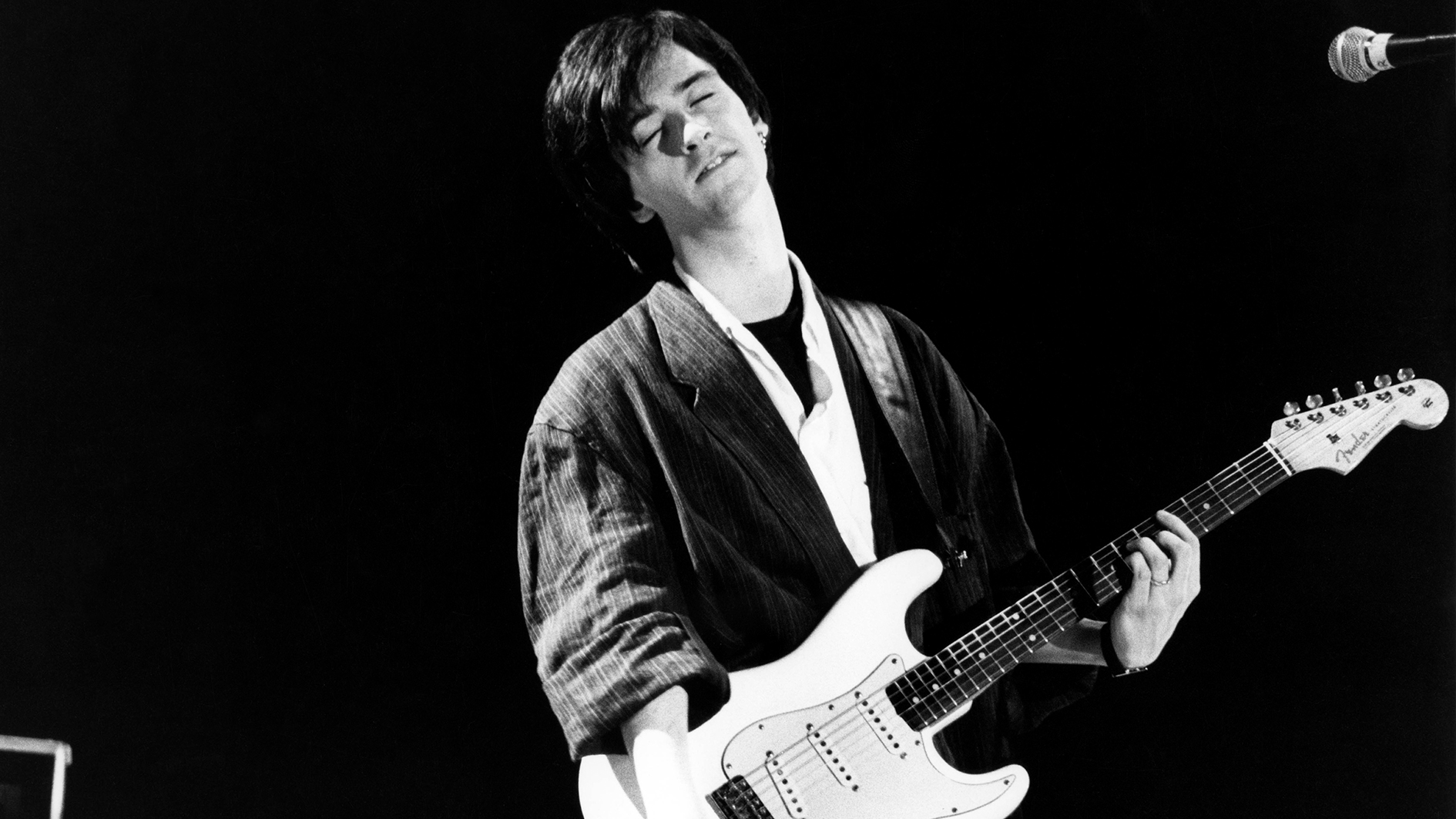


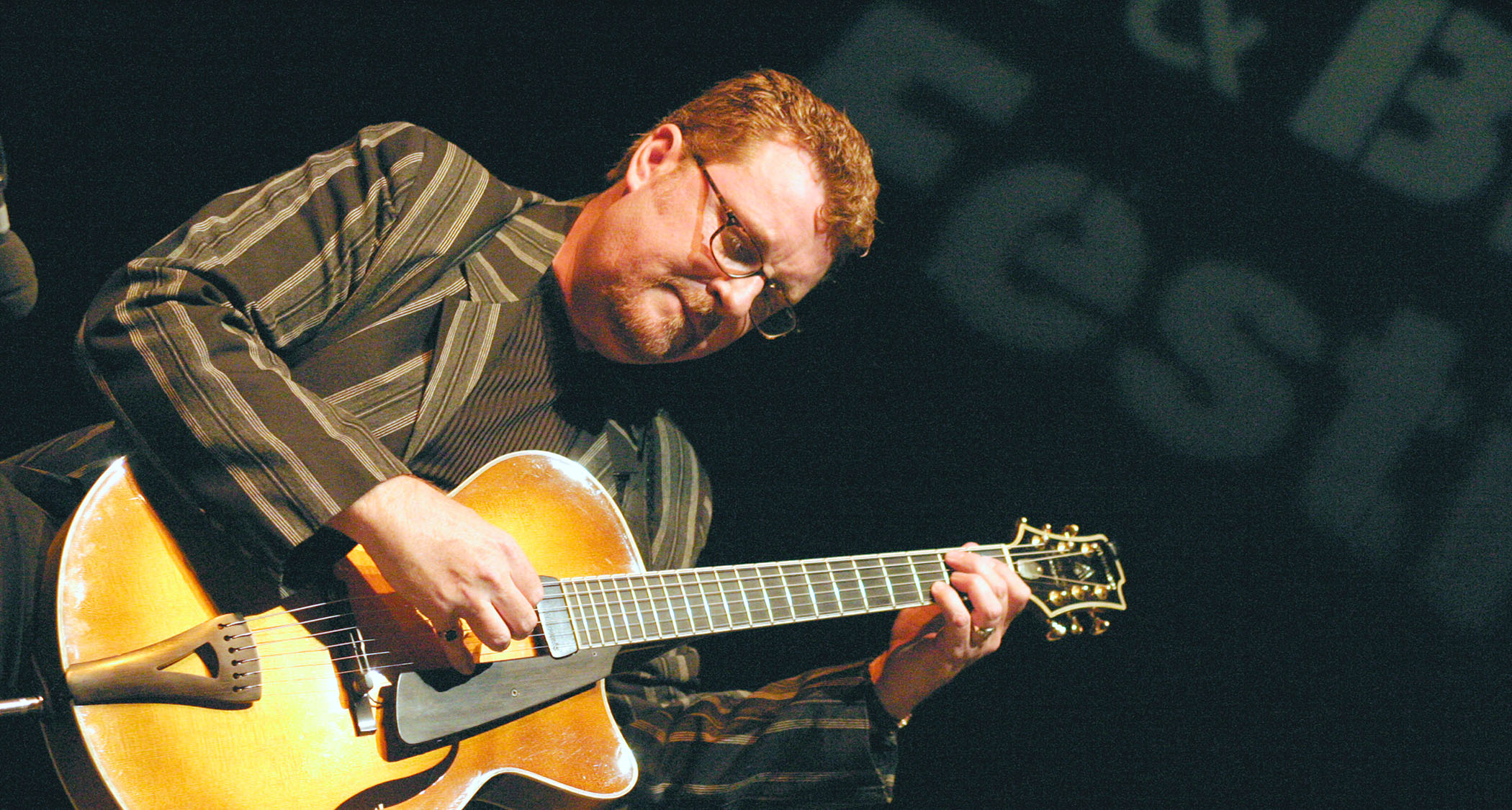



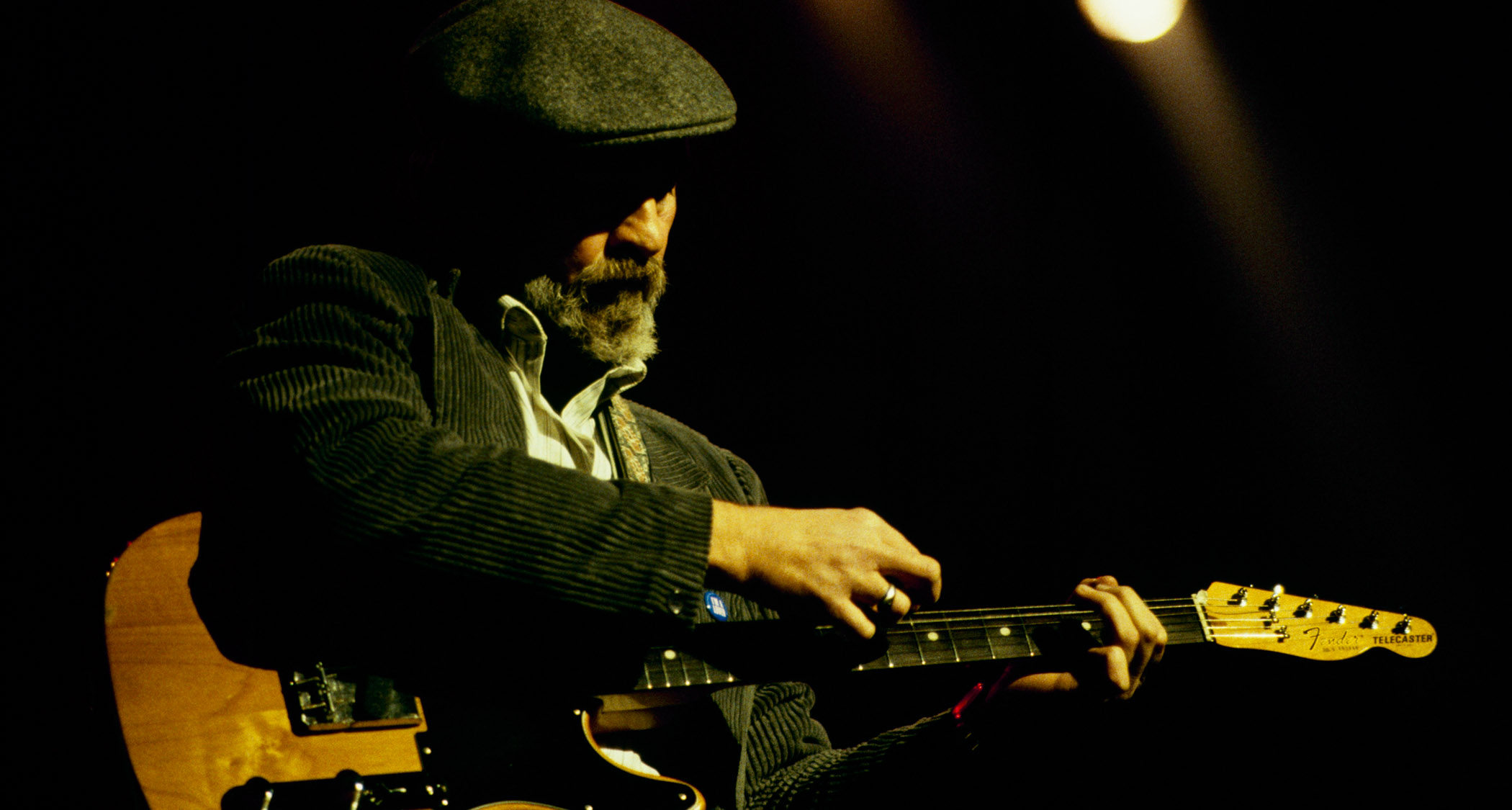
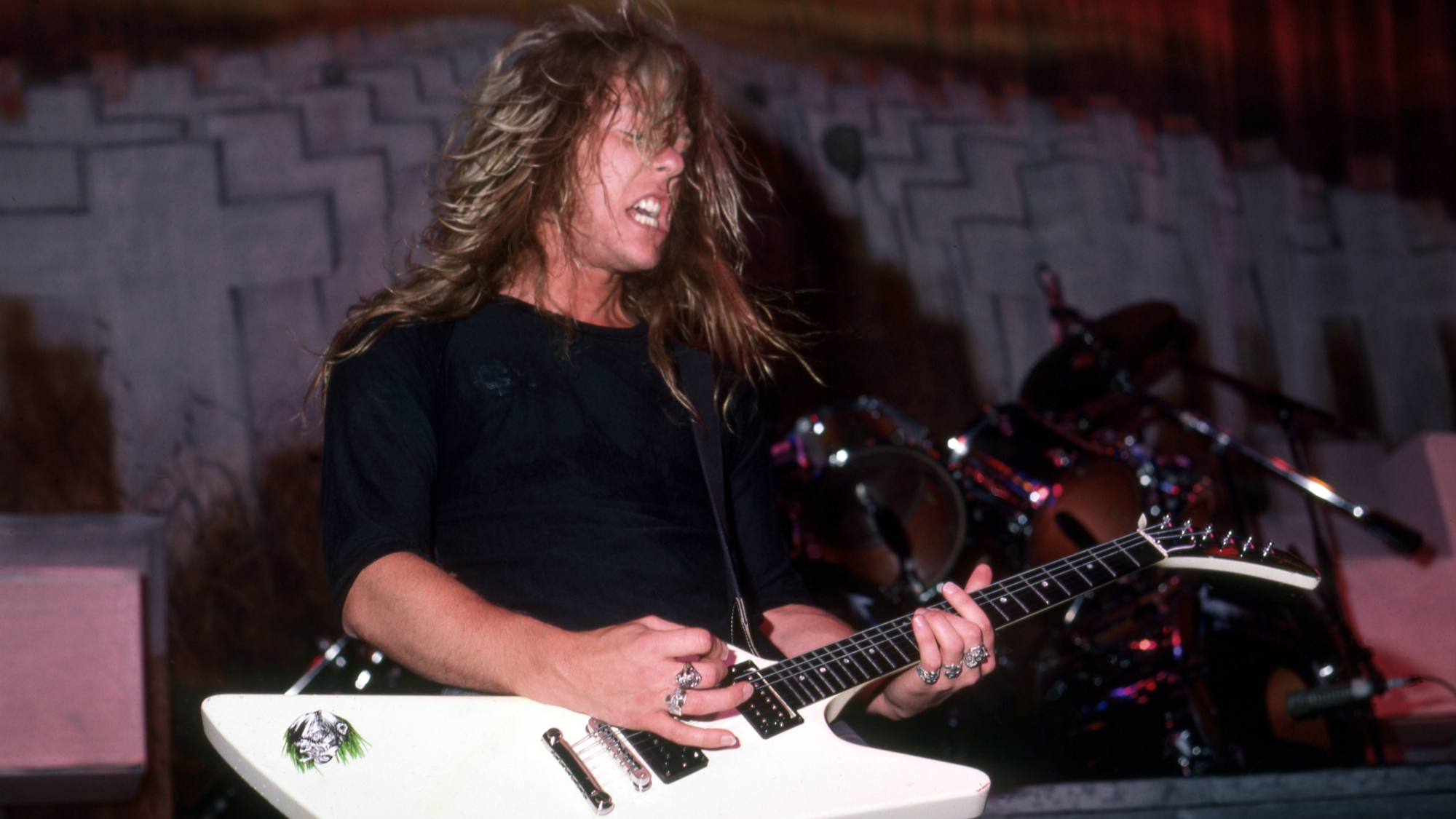
![Joe Bonamassa [left] wears a deep blue suit and polka-dotted shirt and plays his green refin Strat; the late Irish blues legend Rory Gallagher [right] screams and inflicts some punishment on his heavily worn number one Stratocaster.](https://cdn.mos.cms.futurecdn.net/cw28h7UBcTVfTLs7p7eiLe.jpg)
